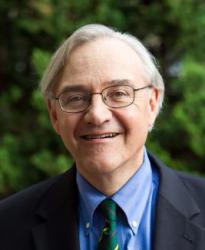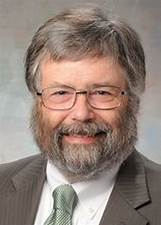Introduction
Is American politics becoming more secular or more religious? Even casual observation reveals evidence for both these tendencies, apparently associated with the recent polarization of national politics. On the one hand, the least religious Americans have become more prominent in recent times and have been strongly supportive of the Democratic Party. But on the other hand, many of the most religious Americans have also become more prominent politically, offering strong support for the Republicans. The simultaneous appearance of these apparently opposite trends has caused considerable confusion about the role of religion in American politics. Where did this mix of secular and religious politics come from? Is it contributing to political polarization? And will it continue in the future?
This essay seeks to address these questions. Using survey data from 1944 to 2004, it documents changes in the size of the major religious groups as well as shifts in their partisan preference in presidential elections. On the first count, we find a substantial increase in both the number of Americans who are unaffiliated with organized religion and those who are actively engaged in Evangelical Protestant churches. And on the second count, these growing groups have shifted their partisan preferences at the ballot box in opposite directions. Taken together, these developments have contributed to the polarization of American politics. However, the many other religious groups have showed more varied patterns of demographic and political change, so that faith-based polarization has been less than comprehensive.
We conclude by speculating about the political impact of religion in the short and longer term. While it is likely that this mix of secular and religious politics will continue for the present, it is not clear which party will capture the White House in 2008. Indeed, the present mix of secular and religious politics can benefit either party depending on the circumstances and conduct of the campaign. In the longer term, the present trends may continue, but there are other possibilities as well.
The Brookings Institution is committed to quality, independence, and impact.
We are supported by a diverse array of funders. In line with our values and policies, each Brookings publication represents the sole views of its author(s).




